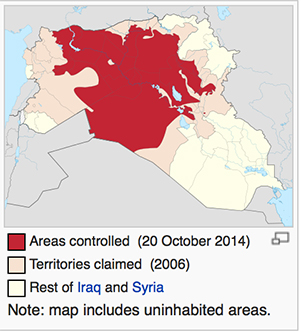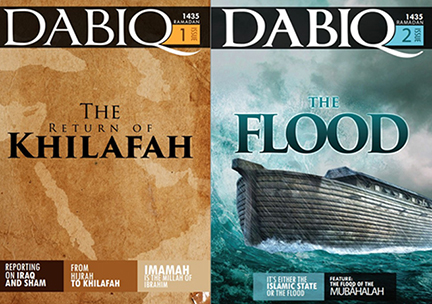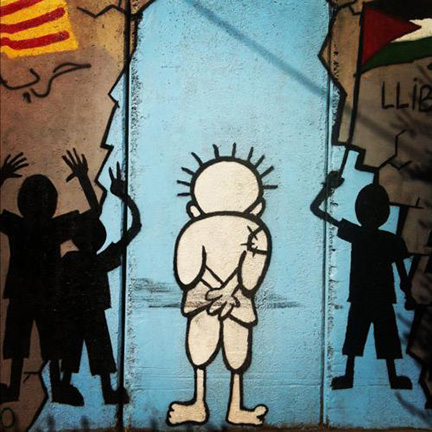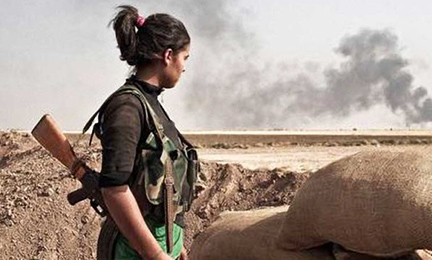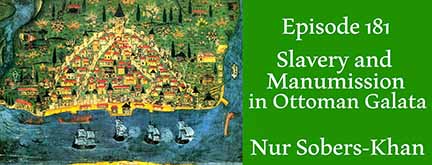
Check out the new podcast by Nur Sobers-Khan on the Ottoman History Podcast Site. Here is a description of the podcast:
The legal and social environments surrounding slavery and manumission during the early modern period varied from place to place and profession to profession. In this episode, Nur Sobers-Khan presents her exciting research on the lives of a particular population of slaves in Ottoman Galata during the late eighteenth century, how they were classified and documented under Ottoman law, and the terms by which they were able to achieve their freedom.


